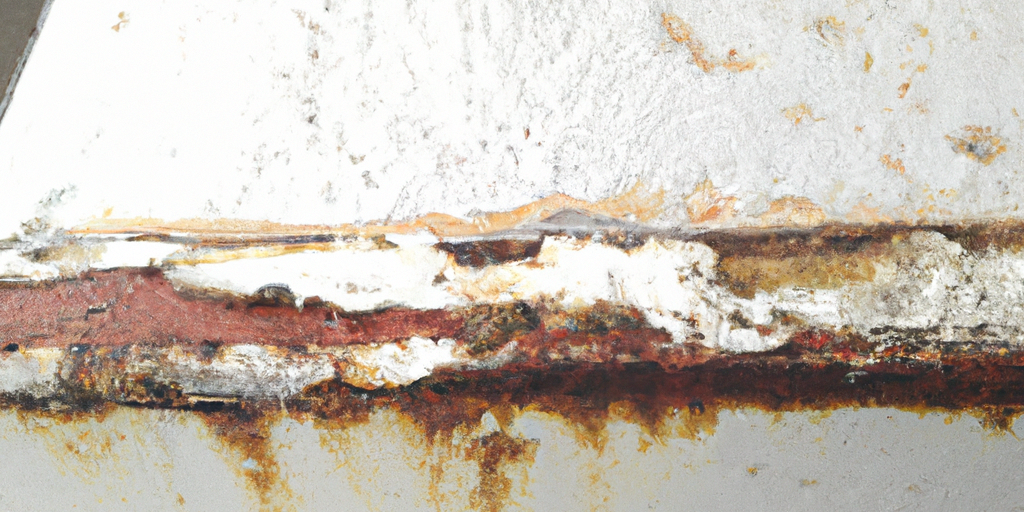Aluminum is a popular material in many industries due to its strength, light weight, and corrosion resistance. However, despite its corrosion resistance, aluminum is not immune to corrosion. In fact, aluminum corrosion can be a major problem in certain environments. In this article, we will discuss how to prevent aluminum corrosion.
What is Aluminum Corrosion?
Aluminum corrosion is the deterioration of aluminum due to a chemical reaction with its environment. Corrosion can occur when aluminum is exposed to oxygen, water, and other environmental factors. Aluminum oxide, which is formed naturally on the surface of aluminum, can protect the metal from corrosion. However, when the oxide layer is compromised, the metal can begin to corrode.
Types of Aluminum Corrosion
There are several types of aluminum corrosion, including:
• Pitting corrosion: This type of corrosion occurs when small pits form on the surface of the aluminum. Pitting corrosion can lead to the formation of larger pits, which can weaken the metal.
• Crevice corrosion: Crevice corrosion occurs in areas where the aluminum is in contact with another metal or material. The crevice creates a localized environment that can lead to corrosion.
• Galvanic corrosion: Galvanic corrosion occurs when aluminum is in contact with another metal that is more anodic (more reactive) than aluminum. This can cause the aluminum to corrode more quickly.
• Intergranular corrosion: Intergranular corrosion occurs at the boundaries between the grains in the aluminum. This can weaken the metal and lead to cracking.
Causes of Aluminum Corrosion
There are several factors that can contribute to aluminum corrosion, including:
• Exposure to water: Water can cause aluminum to corrode more quickly, especially if the water is acidic or contains salts.
• Exposure to oxygen: Oxygen can react with the aluminum to form aluminum oxide, which can protect the metal from corrosion. However, if the oxide layer is compromised, the metal can begin to corrode.
• Exposure to other metals: When aluminum is in contact with other metals, such as copper or steel, it can cause galvanic corrosion.
• Exposure to chemicals: Chemicals, such as acids or alkalis, can cause aluminum to corrode.
How to Prevent Aluminum Corrosion
There are several steps you can take to prevent aluminum corrosion:
• Choose the right alloy: Not all aluminum alloys are created equal. Some alloys are more resistant to corrosion than others. For example, 3003 aluminum is more corrosion-resistant than 6061 aluminum.
• Use protective coatings: Applying a protective coating to the aluminum can help prevent corrosion. There are several types of coatings available, including anodizing, painting, and powder coating.
• Use proper storage and handling: Storing aluminum in a dry, well-ventilated area can help prevent corrosion. Avoid stacking aluminum sheets on top of each other, as this can create a localized environment that can lead to corrosion.
• Use the right cleaning methods: Using the wrong cleaning methods can damage the aluminum and compromise the oxide layer. Avoid using abrasive cleaners or cleaners that contain acids.
• Use the right fasteners: Using the wrong fasteners can cause galvanic corrosion. Use fasteners made from the same material as the aluminum or use a non-conductive material, such as plastic.
• Control the environment: Controlling the environment can help prevent corrosion. For example, if the aluminum is going to be exposed to water, use a water-resistant coating.
• Inspect and maintain the aluminum: Regular inspections and maintenance can help prevent corrosion. Look for signs of corrosion, such as pitting or discoloration, and address the issue as soon as possible.



